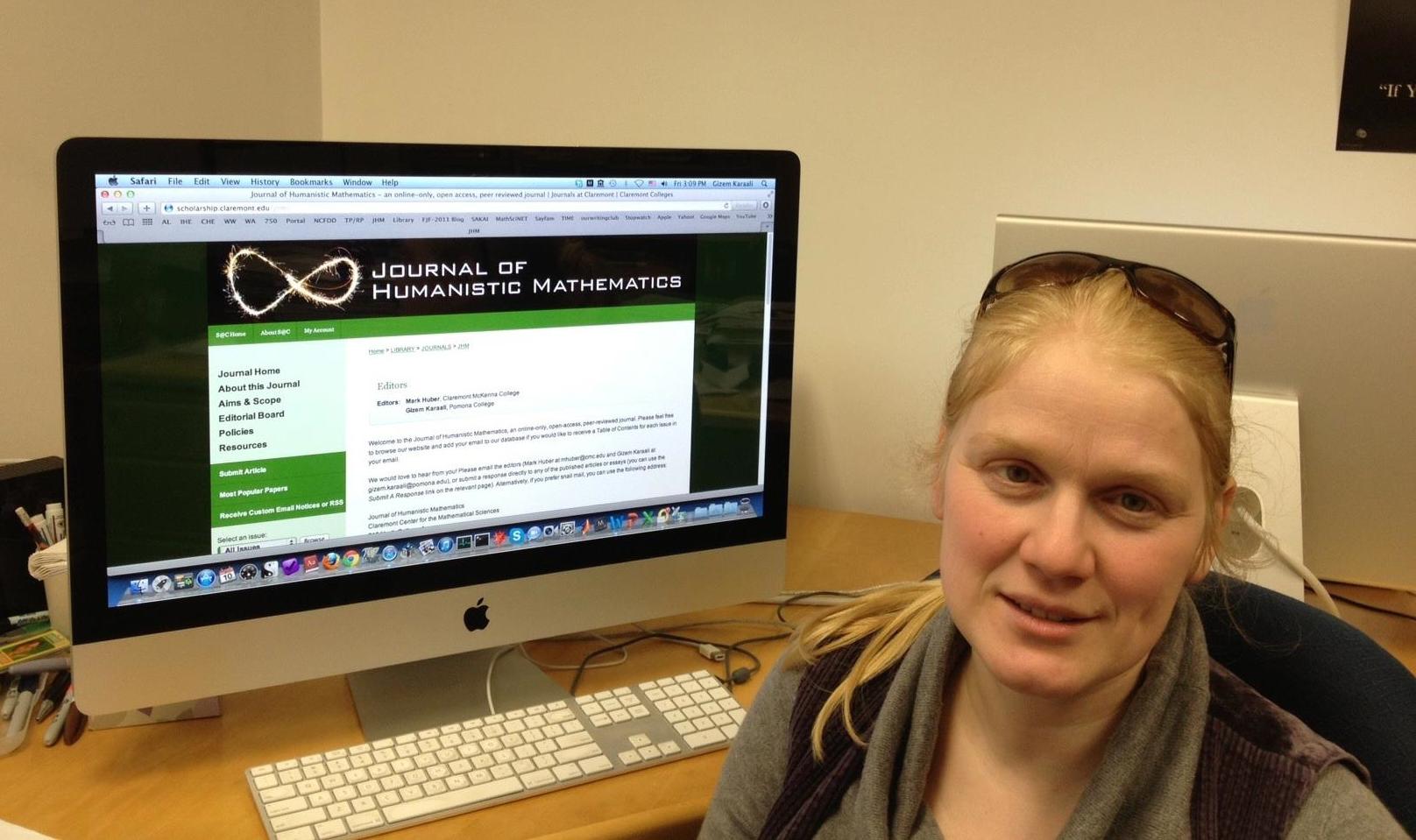What do you hope your research will achieve? How do you think your work contributes to the world?
One of the things that is very important to me is that more people of mathematics understand that their work is deeply related and relevant to the rest of the world, and that more people who see themselves as not belonging to that world realize that it is much more exciting and accessible than they think. In other words, I want to prove that the world of mathematics is, kind of like the famous blue police box, bigger on the inside. But of course this is not totally accurate, not yet. There is still a lot of work we need to do to make mathematics more accessible and more welcoming. I hope to help make that happen.
I also hope that at least some of my work will help more people see and sense deep in their soul the amazing power and beauty and the humaneness of mathematics. I believe that our mathematics, like our poetry, is decidedly human, and we will all be better off when we realize that.
What’s your favorite thing to teach, and what kinds of things happen in your classroom?
I love teaching students how to write mathematical proofs. Students are quite surprised to find out that in mathematics, too, writing matters. In mathematics, too, context is everything. In mathematics, too, audience is important. Some students are disoriented by this at first; after all, isn’t math the subject where there is always a unique right answer? Isn’t math the one subject where opinions do not matter? Isn’t math about objective, universal, value-free knowledge? I try to be gentle while we together dismantle these prior misconceptions. But in the end, I hope students do reach a point where they realize that mathematics, no matter how human it may be, is still one of the best ways our species has developed to reach answers about the questions we might have about the world around us.
What are the perks or rewards of your job?
I love being an academic mathematician because I get to work with mathematics on a regular basis (I do it, I teach it, I write about it, I give talks about it, etc). I also get to continue to grow as a mathematician, an educator, a writer, a thinker, every day.
Teaching at a small liberal arts college in the United States, I also get to think periodically about the big transdisciplinary questions that have occupied many thinkers through the history of our species. Questions about just what makes us human and what we as a society or distinct individuals hope to gain from education continue to challenge and inspire me.
As a mathematician I of course find ways to connect such enduring questions to my discipline. Through the years, mathematics has become more than just an intellectual endeavor for me; it is now a way for me to engage with the world and the rest of humanity.

Teaching is a distinctive career, and Teaching mathematics is much more